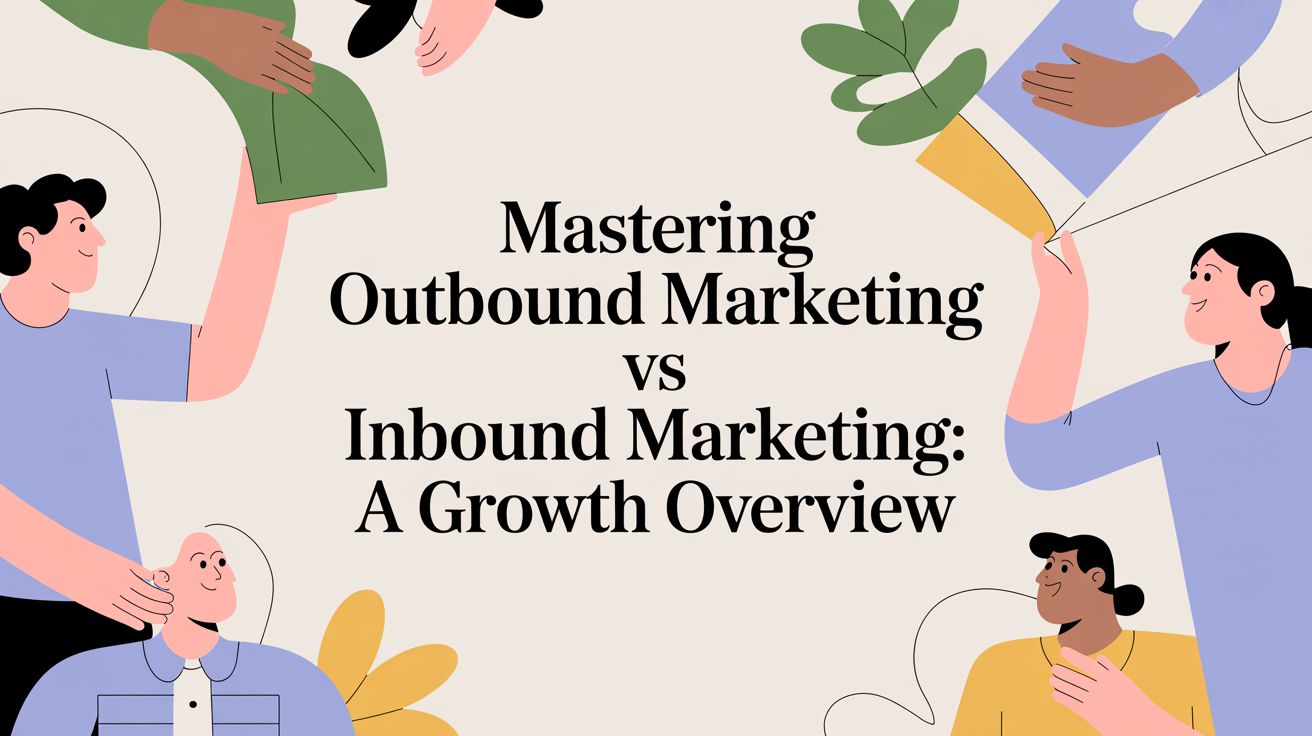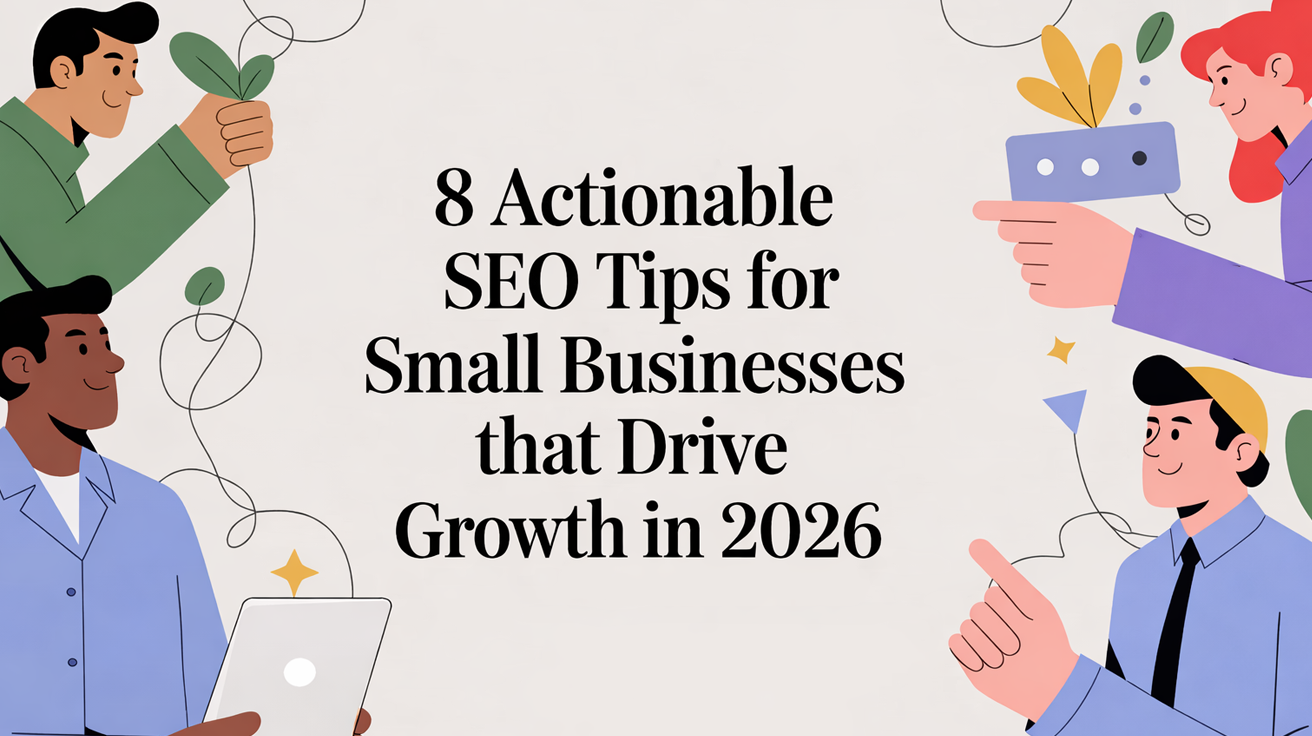Weekly marketing wisdom you can read in 5 minutes, for free. Add remarkable ideas and insights to your inbox, once a week, by subscribing to our newsletter.

How To Create A Digital Marketing Funnel
A well-structured digital marketing funnel can be the key to transforming leads into loyal customers. But what exactly is a digital marketing funnel, and how can you create one that genuinely engages your audience? This guide will walk you through everything you need to know about building an effective digital funnel to drive results.
Table of contents:
What is a Digital Marketing Funnel?
To begin, a digital marketing funnel represents the journey customers take from initial awareness of a brand to becoming dedicated customers. It’s a structured approach to engage, nurture, and convert leads. By identifying each stage of a prospect’s journey, businesses can develop targeted strategies to increase engagement and drive conversions.
Importance of a Funnel in Digital Marketing
Additionally, the digital marketing funnel helps businesses understand where potential customers are in their decision-making process. This knowledge enables marketers to tailor messaging and strategies, ensuring that each interaction builds trust and interest, ultimately leading to a successful conversion.
Stages of a Customer Journey Funnel
Each stage of the funnel serves a unique purpose and requires specific strategies:
- Awareness: This is the top of the funnel, where the goal is to reach as many people as possible to introduce them to your brand.
- Interest: Once aware of your brand, potential customers need to learn more. Content here should build interest and demonstrate value.
- Consideration: In this stage, prospects are comparing options. Case studies, testimonials, and detailed product information are crucial.
- Intent: This stage reflects a clear buying intention. Retargeting ads, discounts, or consultations can encourage action.
- Evaluation: Prospects are almost ready to buy but may have last-minute questions. Personalised responses and support can help them decide.
- Action (Conversion): The prospect becomes a customer. At this stage, ease of purchase and positive onboarding experiences are essential.
- Retention and Advocacy: Post-purchase, the aim is to retain customers and encourage them to become advocates for your brand.
Creating a Digital Marketing Funnel
Building a digital customer journey funnel is all about strategically guiding potential customers from one stage to the next. An effective funnel will nurture leads and provide value at each touchpoint, motivating prospects to move toward conversion. Below, we’ll walk you through the key considerations and steps to design a powerful digital marketing funnel.
Defining Goals and Objectives
Start by defining clear goals for each stage of the funnel. These goals should be measurable, such as increasing brand awareness, generating new leads, or boosting conversions. Setting specific objectives helps focus your efforts and ensures each stage is aligned with your overall marketing strategy. For example, if your goal in the awareness stage is brand visibility, you might focus on generating website traffic through social media and blog content.
Understanding Your Target Audience
Next, take time to understand your target audience deeply. Building detailed customer profiles, or buyer personas, can clarify your ideal customer’s needs, pain points, interests, and purchasing behaviour. For a funnel to be effective, it must meet your audience exactly where they are. As such, offering solutions and content that address their unique needs at each stage – their personal stage. Conduct surveys, analyse website behaviour, and explore social media insights to gather a robust picture of your audience.
Mapping Out Funnel Stages
Each stage of your digital marketing funnel should be carefully planned to engage prospects and build momentum toward conversion.
- Identifying Touchpoints: Determine the primary points of interaction, such as social media, email, blog content, or paid ads, where customers will encounter your brand at each stage. Effective touchpoints not only engage prospects but also guide them seamlessly to the next step in their journey.
- Creating Content for Each Stage: Design content specific to each stage that captures attention and adds value. For instance, awareness-stage content could be blog articles, social media posts, and educational videos that introduce your brand and address general pain points. As prospects move to the interest stage, more detailed content such as webinars, case studies, and eBooks can demonstrate your brand’s authority and build trust.
Implementing Lead Nurturing and Engagement Strategies
Lead nurturing is the foundation of an effective digital marketing funnel. It involves a combination of automated touchpoints and personalised communication to keep leads engaged and encourage them to take the next step.
- Retargeting Ads: Retargeting ads help re-engage visitors who showed initial interest but didn’t take action. By displaying relevant ads to these users as they browse other websites, you increase the chance of drawing them back to your site and advancing them to the next stage in the funnel.
- Email Marketing Sequences: Email campaigns are particularly powerful in the consideration and decision stages. Use segmented email lists to send targeted messages that align with each lead’s funnel stage. For instance, you might send introductory content to leads at the top of the funnel, while those further down might receive detailed product comparisons or limited-time offers.
- Lead Scoring and Personalisation: Lead scoring assigns values to prospects based on their interactions with your content, allowing you to prioritise high-interest leads. Combined with personalisation strategies, such as dynamic content and custom email recommendations, this approach can boost engagement and increase the likelihood of conversion.
Measuring and Optimising the Digital Marketing Funnel
After implementing your digital funnel, consistently measure and optimise it to enhance performance. Data analysis and testing are key to refining your approach and addressing potential drop-off points.
- Tracking Key Metrics: Begin by tracking essential metrics, including click-through rates, conversion rates, and bounce rates, for each funnel stage. This data will reveal which content or touchpoints are driving engagement and which may need improvement.
- A/B Testing and Iterative Improvements: Regular A/B testing of elements such as CTA wording, images, and page layouts allows you to experiment and refine your funnel’s effectiveness. Use results from these tests to implement iterative improvements, ensuring that each element of the funnel is optimised for engagement and conversions.
Integrating Technology for Funnel Automation
Automation can streamline your digital marketing funnel, saving you time while maintaining consistent engagement with prospects.
- Using CRM and Marketing Automation Tools: Customer Relationship Management (CRM) tools and marketing automation platforms like HubSpot, Salesforce, or Mailchimp can simplify funnel management by automating workflows, follow-ups, and personalised messaging.
- Leveraging Analytics Platforms: Finally, analytics tools like Google Analytics or SEMrush help track and interpret user behaviour throughout the funnel. These insights will highlight what’s working, where leads might be dropping off, and where there’s room for improvement, helping you keep your funnel finely tuned for success.
How a Digital Marketing Funnel Can Drive Results and Engage Your Audience
A well-crafted digital marketing funnel has multiple benefits, from improving engagement to boosting conversions. Here’s how it can work for your brand:
Benefits of an Effective Digital Funnel
- Better Targeting and Personalisation: By understanding the customer’s position in the funnel, you can create tailored experiences that resonate.
- Increased Engagement: A strategic funnel builds interest and trust, encouraging prospects to interact with your brand at each stage.
- Enhanced Conversion Rates and ROI: With a targeted approach, you’ll increase conversion rates, ultimately improving your return on investment.
Common Challenges and How to Overcome Them
Creating a digital marketing funnel isn’t without its challenges. Common issues include difficulty in lead nurturing, data integration, and tracking. Overcome these by investing in reliable automation tools and consistently refining each stage based on performance data.
How Lead Genera Can Help You Create a Results-Driven Digital Marketing Funnel
Creating an effective digital marketing funnel requires expertise, and this is where Lead Genera can make a difference.
Expertise in Funnel Creation and Lead Generation: Lead Genera specialises in designing custom digital marketing funnels tailored to your business needs. By leveraging data and our deep understanding of marketing strategies, we craft funnels that drive measurable results.
Advanced Tools and Technology Integration by Lead Genera: We use cutting-edge technology to automate and optimise each stage of your funnel, saving you time while ensuring every interaction with potential customers is impactful.
Customised Strategies for Every Business: Recognising that no two businesses are alike, Lead Genera offers bespoke funnel strategies that align with your specific goals and audience.
Looking to Drive Results?
Are you ready to create a digital marketing funnel that truly drives results? Contact Lead Genera today to learn more about how we can help you design a funnel that increases engagement, nurtures leads, and turns prospects into loyal customers.
Summary: Bringing it All Together
In summary, creating a digital marketing funnel is about crafting a journey that guides potential customers through each stage, from awareness to advocacy. By defining clear goals, understanding your audience, and implementing strategic content, you can build a funnel that truly resonates. Each stage of the funnel requires a unique approach to engage and convert leads, and by measuring and optimising consistently, your funnel will deliver sustainable results. Lead Genera offers the expertise, tools, and tailored solutions to help you design a digital marketing funnel that drives meaningful engagement and business growth.




